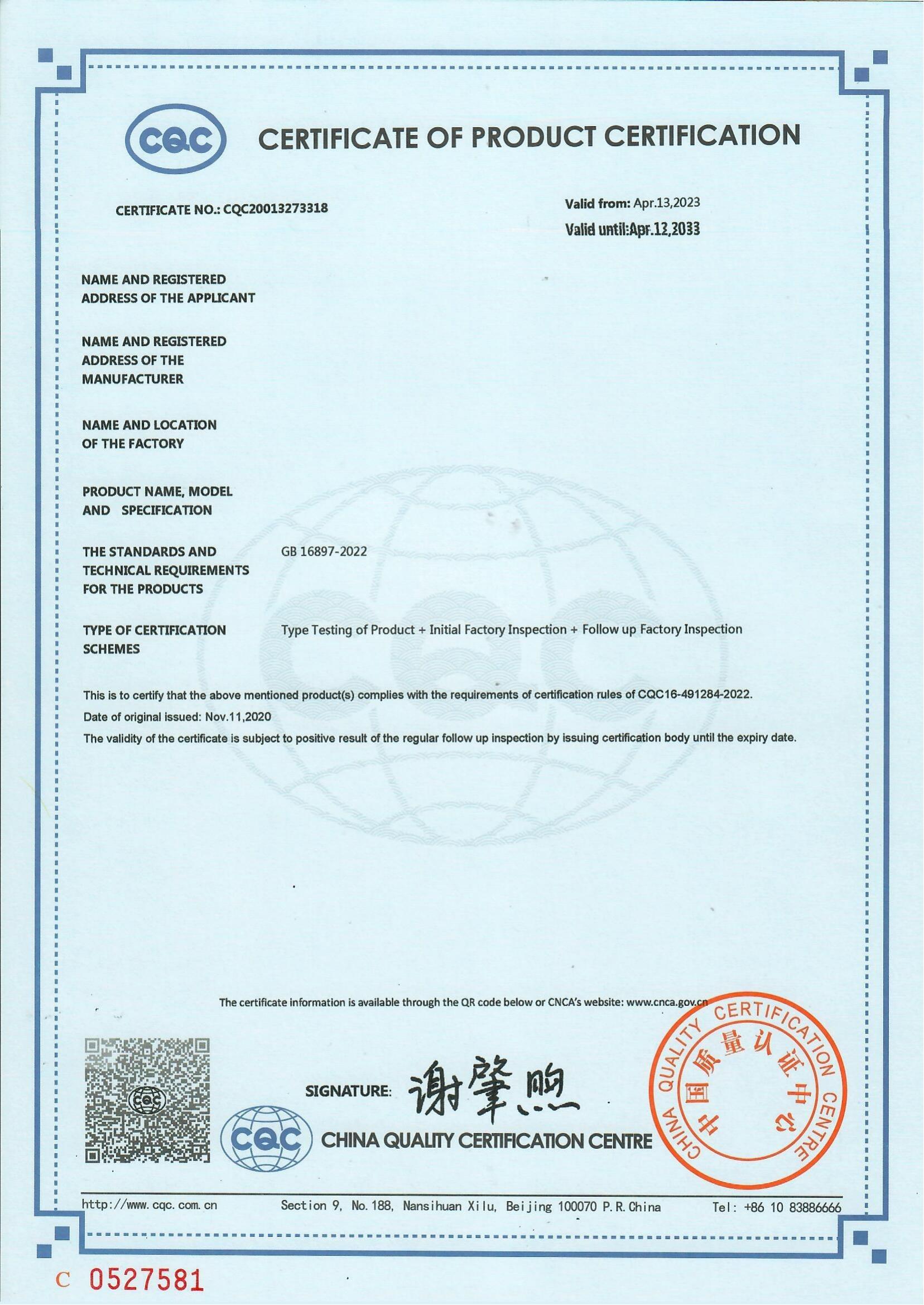Innovative Solutions for Automotive Fuel Line Efficiency and Safety Management
Oct . 22, 2024 05:30 Back to list
Innovative Solutions for Automotive Fuel Line Efficiency and Safety Management
Understanding the Importance of Automotive Fuel Lines
Automotive fuel lines are crucial components in vehicles, serving as the conduits that transport fuel from the tank to the engine. Their proper functioning is vital not only for the efficiency of the engine but also for the overall safety of the vehicle. In this article, we will explore the various types of fuel lines, their significance, and maintenance tips to ensure they operate optimally.
Types of Automotive Fuel Lines
Fuel lines can generally be categorized into two types metal fuel lines and rubber (or flexible) fuel lines. Metal fuel lines, typically made from materials like stainless steel or aluminum, tend to be more durable and can withstand higher temperatures and pressures. They are usually used in parts of the system where strength and steady flow are necessary. Conversely, rubber fuel lines offer flexibility and are easier to install, making them ideal for connecting various components of the fuel system, such as the fuel pump and fuel injector.
In addition to material, fuel lines can vary in diameter and pressure ratings, determined by their specific function within the fuel system. High-performance vehicles may utilize specially designed lines that can handle increased fuel flow and pressure, while standard passenger vehicles might use more conventional lines that meet basic requirements.
The Role of Fuel Lines
Fuel lines are responsible for delivering the right amount of fuel to the engine for combustion. An efficient fuel delivery system ensures that the engine runs smoothly and performs optimally. If the fuel lines are compromised, it can lead to a range of problems. Clogs can restrict fuel flow, resulting in engine misfires or stalling. Leaks can not only diminish fuel efficiency but also pose serious safety risks such as fire hazards.
Moreover, the fuel line system often works in tandem with other components, such as fuel filters and injectors. Maintaining the integrity of fuel lines helps ensure that these interconnected parts operate smoothly, preventing costly repairs down the line.
Signs of Fuel Line Issues
Recognizing the signs of potential fuel line problems is essential for vehicle maintenance. Common symptoms include the smell of gasoline, visible leaks under the vehicle, engine performance issues, or warning lights on the dashboard. If any of these indicators appear, it’s crucial to get the vehicle inspected by a professional mechanic promptly.
automotive fuel line

Maintenance Tips
Regular maintenance can prolong the life of automotive fuel lines and improve overall vehicle performance
. Here are some key maintenance tips1. Regular Inspections Schedule professional inspections at recommended intervals to ensure that fuel lines are free from cracks, wear, or corrosion.
2. Fuel Quality Use high-quality fuel to avoid the buildup of deposits in the fuel lines, which can lead to clogs.
3. Pressure Checks Periodically checking the fuel pressure can help detect any issues with the fuel delivery system early on, preventing severe damage.
4. Protect from Heat Ensure that the fuel lines are insulated and protected from excessive heat, which can degrade rubber over time.
5. Replacement If any part of the fuel line shows signs of wear or damage, they should be replaced immediately to avoid risk.
Conclusion
In conclusion, automotive fuel lines play a pivotal role in the overall performance and safety of a vehicle. By understanding the different types of fuel lines, recognizing the signs of potential issues, and following maintenance practices, vehicle owners can ensure their fuel system operates efficiently. Regular attention to fuel lines not only enhances engine performance but also contributes to the longevity of the vehicle as a whole. For any concerns regarding fuel lines, consulting a professional is always the best approach to ensure safety and reliability on the road.
